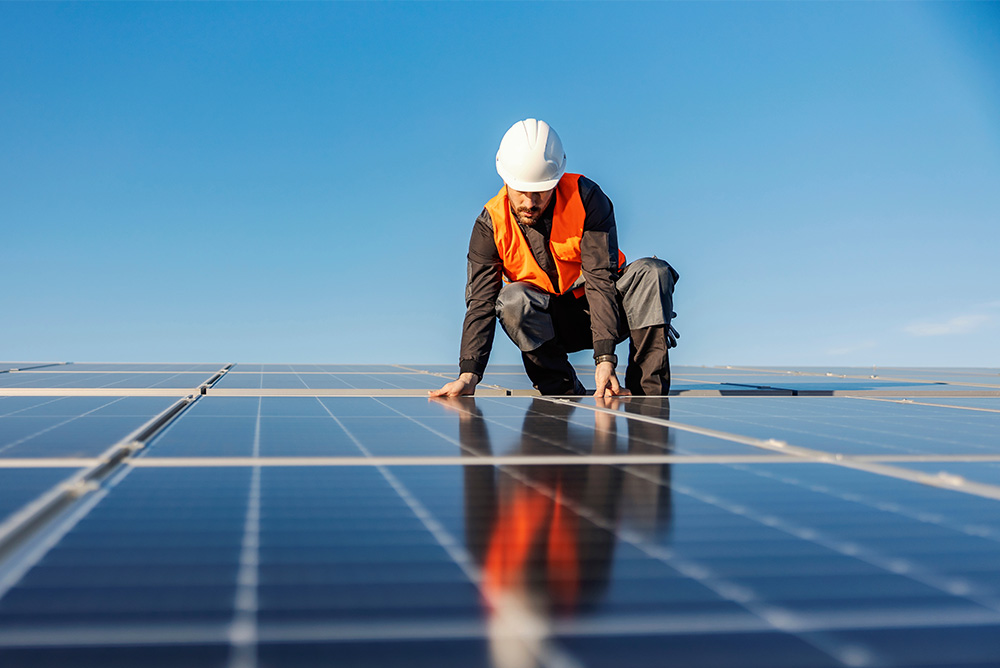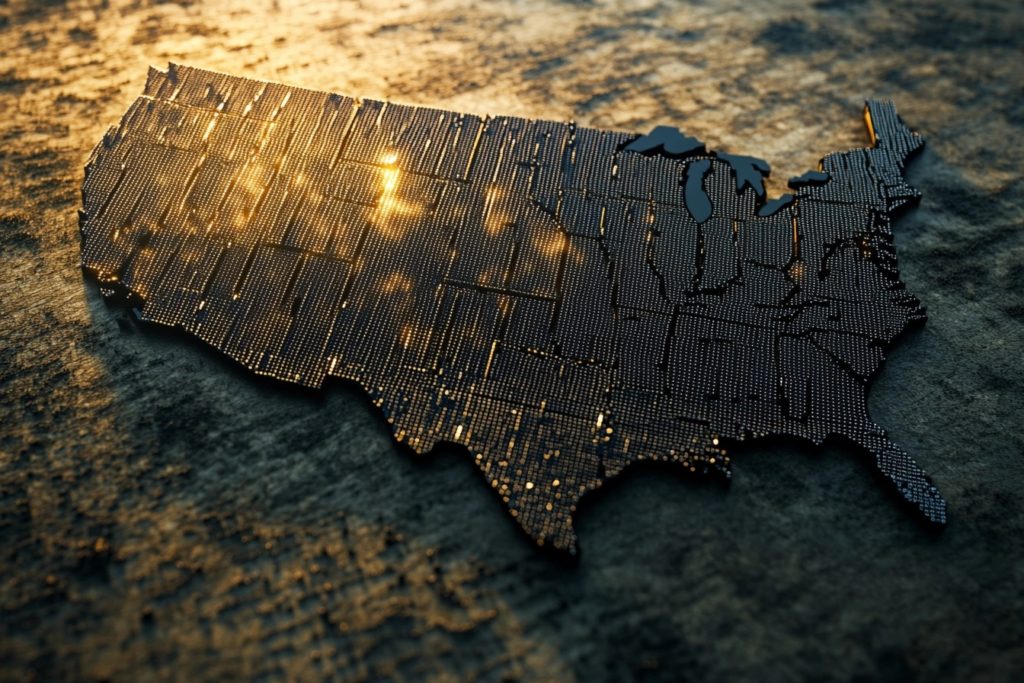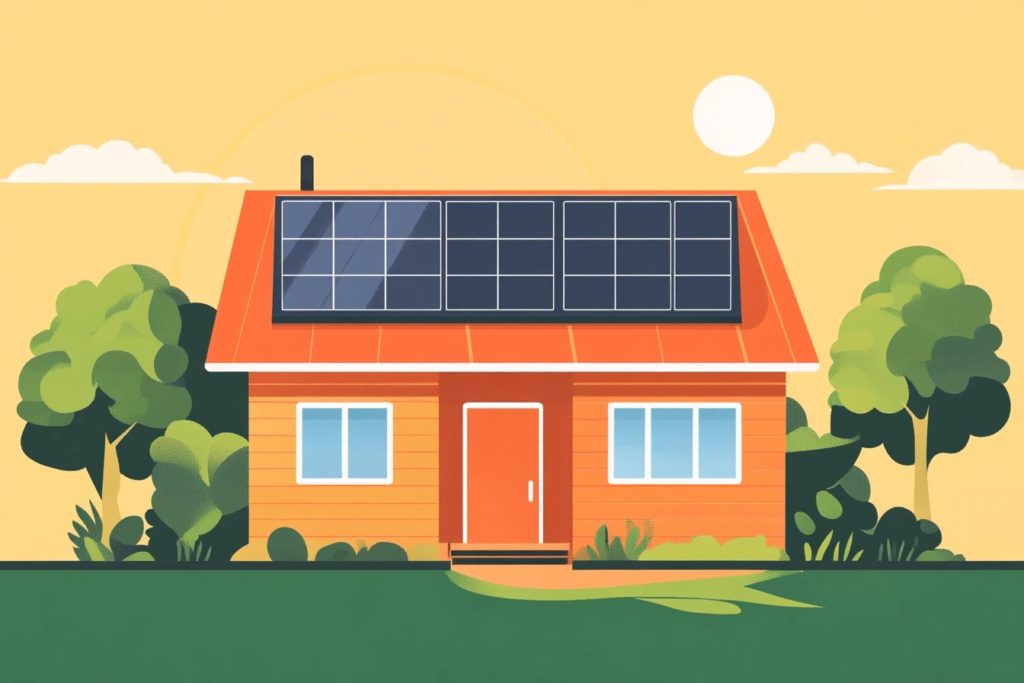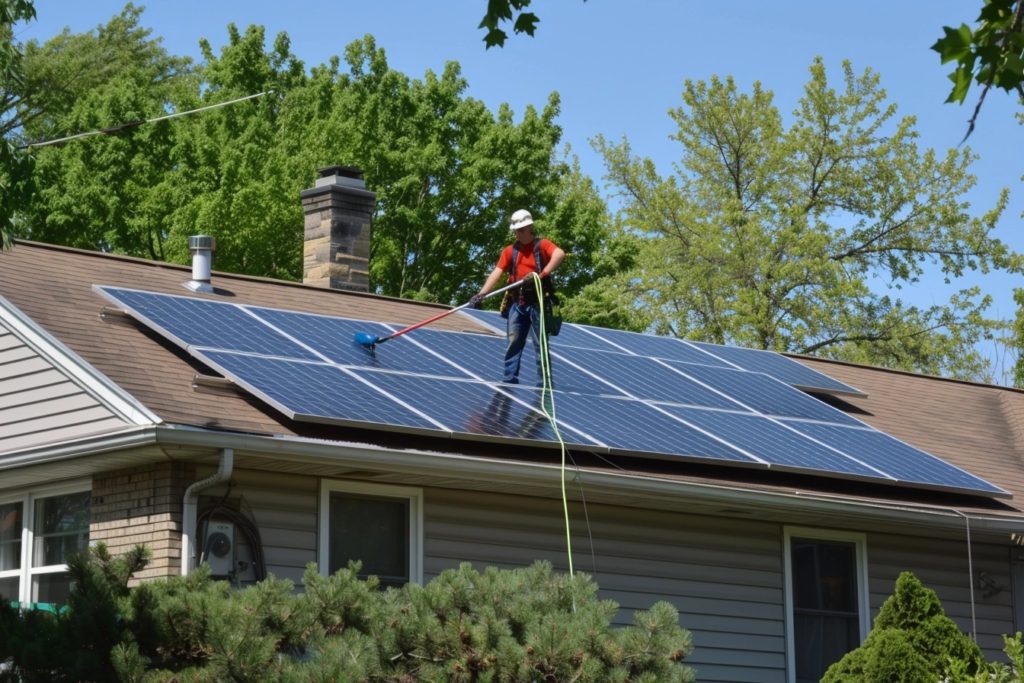
Solar power is helping more homeowners than ever save money on their electric bills. So, it’s understandable that you’ve started to look into having a solar system installed at your home, too.
The best way to begin the process is to simply call or contact LGCY Power, the nation’s leader in residential solar. However, a very small percentage of homeowners inevitably start poking around YouTube or Googling “Can you install solar panels yourself?” as they consider a DIY solar install.
There are many reasons why you should abandon your DIY aspirations and leave your solar install to the pros, including the overwhelming paperwork, potential damage to your roof, and the fact that you probably won’t save any money at all.
But the most important reason not to attempt a DIY solar panel installation is the danger involved. We can’t stress enough how potentially dangerous it is to install solar panels yourself. Keep in mind that it could be dangerous not only for you, but for others.
There are four main reasons why it’s inherently dangerous to install solar yourself:
- The height and installation process
- Risk of electrocution
- Damage to your home or electrical system
- Potential fire or burns
The height and installation process
The vast majority of solar panels are installed on the rooftop of a home, which means working and navigating around a hazardous slope and surface at elevation. Whether your roof is one story high, two stories up, or more, the danger of being injured in a slip-and-fall is extremely high for homeowners who aren’t professional contractors.
Remember that each solar panel can weigh 30 to 50 pounds, and you’ll likely need to carry at least several panels, as well as racking for installation, wiring and fittings, and tools.
Roof work like this is so precarious that solar installers have specialty training and certifications to work on rooftops, handle this type of equipment, and adhere to safety protocols.
However, homeowners are taking a huge risk to their health and safety if they attempt DIY solar panel installation.
Risk of electrocution
If climbing onto your roof with heavy, unwieldy materials and working on a slope isn’t dangerous enough, the risk of electrocution is always a reality with DIY solar panel installations.
Solar panels can generate up to 600 volts of electricity when exposed to the sun, and several solar modules connected in a series can potentially deliver even more of a charge to DIYers who aren’t professional electricians.
Not only will you need to affix racking and panels to the roof, but you’ll need to correctly install fittings and connections to your photovoltaic solar system.
It’s such precise, technical, and hazardous work that in many states, regular electrical contractors are not even allowed to work with solar systems, as the panel installation is far different from conventional wiring.
Electricity is not to be taken lightly – and working with electricity on a rooftop with a complex solar system magnifies that danger exponentially!
Damage to your home or electrical system
Not only does a DIY solar panel installation present a hazard to you, but it can seriously damage the structure of your home, too. We’ve talked before about the potential for harming your roof and causing leaks and water damage when installing panels yourself, but there’s a more pressing danger.
With such a complex and intricate electrical system, any incorrect installation of the wiring or even fittings can mean the solar system can damage itself once turned on, even starting an electrical fire. The wrong size wiring, substandard wiring or materials, or other connection issues could lead to the solar panel’s inverter overheating and exploding.
As a DIY solar installer, you may even be instructed to solder parts together or build wood brackets to support the panels, which creates a highly combustible fire hazard.
Potential fire or burns
The greatest risk of your solar system catching on fire or even exploding on your roof doesn’t come from overheating or combustion, but faulty wiring and incorrect installation in the vicinity of flammable gases or vapors. Therefore, you should always contact the city and local utility providers to check if there are any hazardous gases or vapors in the vicinity of your home. Or, even safer, trust the installation to licensed and certified professionals!
You’re far too likely to end up with a serious burn when installing solar panels yourself, as any liquid that comes in contact with the panels can also steam and cause almost instant burns. Certain parts of the solar system, such as the collector manifold, will also become extremely hot, which can severely burn an unwitting homeowner who is trying to do the install work themselves.
As you can see, installing solar panels yourself is nothing to take lightly, Doing it yourself is not recommended as there is a serious inherent risk involved.
If you’re serious about saving with solar at home and want to make sure you do it the right way, contact LGCY Power today!




